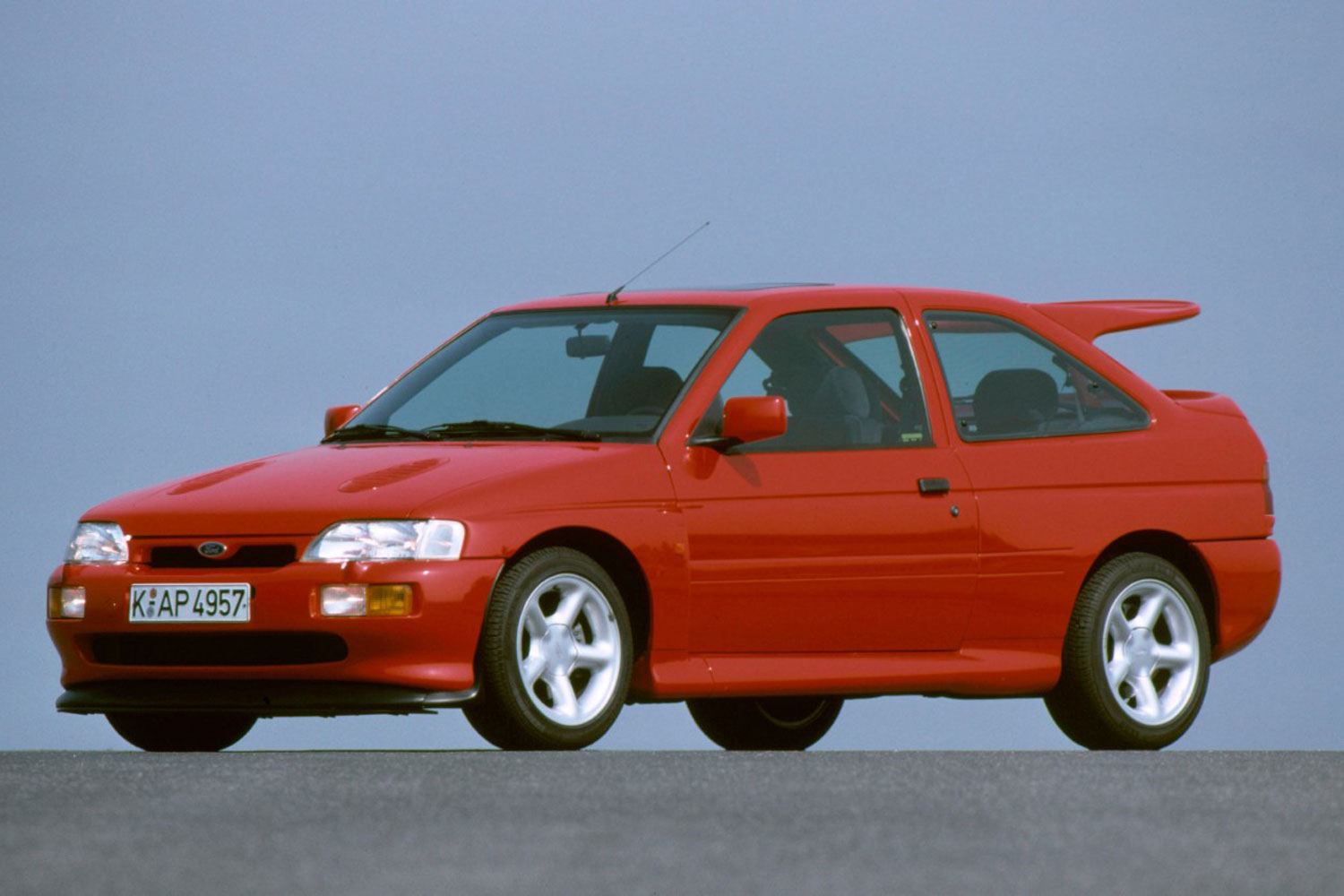How Do You Import a Car From Canada to the US?
Here’s a quick guide to getting a vehicle over the border.
 Ford
Ford
The appeal of the low Canadian dollar, and the soaring cost of both new and used automobiles in the U.S. has turned more than a few heads north when seeking out a vehicle. While there are legal hoops to jump through when importing a car from Canada to America, the overall process isn't as difficult as it might appear.
Here are the basic facts to keep in mind when importing a car or truck from Canada to the United States.
Does the vehicle qualify for importation?
Any vehicle that's 25 years old or more (like the 1979 Dodge Magnum XE) can be imported to the United States from Canada without any special modifications. Newer vehicles can also be imported, but they must be modified to meet federal motor vehicle safety standards. This process is called “federalization,” and can be as simple as adding “mph” stickers to the speedometer, or as complex as installing new bumpers.
The National Highway Traffic Safety Administration (NHTSA) offers a list of vehicles eligible for import from Canada. Many Canadian market automobiles are considered to conform to American regulations, given that many emissions and safety rules across the border are "substantially similar" to those in the U.S. This means no substantial modifications are needed for import purposes.
There's a third category of importation called “Show or Display,” which is intended to cover vehicles newer than 25 years—they are considered "historically or technologically significant." The number of models that qualify is quite short, and the rules covering their use on public roads are strict.
Complete the sale in Canada
The importation process requires you or your representative (typically a broker) to bring a bill of sale, the CPB 7501 declaration form, the Manufacturer's Certificate of Origin or Statement of Origin (for new cars) or title and registration (used vehicles), and the vehicle itself to a U.S. border crossing. This means you'll have to complete the transaction in Canada—and pay Canadian Goods and Services Tax—on the sale before initiating your import.
Depending how you plan to transport the vehicle, you may want to seek out a temporary plate at the provincial licensing bureau. At the very least, contact your insurance company to add coverage for your purchase as soon as it's changed hands, regardless of whether you're driving or towing it to the border. You'll also need to clean the vehicle, particularly the undercarriage, in order to meet U.S. Department of Agriculture regulations regarding pests and diseases.
Expect Customs and Border Patrol personnel to inspect your automobile and verify that it matches what you've declared on your paperwork.
Pay taxes and duties
Depending on where the imported vehicle was manufactured, you may have to pay import duties. If it was built in Mexico, Canada, or the U.S., it's exempt from import duties. This is also true for vehicles that were originally sold in the U.S. and ended up being imported to Canada before your purchase (U.S. goods returning). In addition, some automobiles require payment of the federal gas guzzler tax when importing.
Written by humans.
Edited by humans.
 Benjamin Hunting
Benjamin HuntingBenjamin Hunting is a writer and podcast host who contributes to a number of newspapers, automotive magazines, and online publications. More than a decade into his career, he enjoys keeping the shiny side up during track days and always has one too many classic vehicle projects partially disassembled in his garage at any given time. Remember, if it's not leaking, it's probably empty.
Related articles
View more related articles